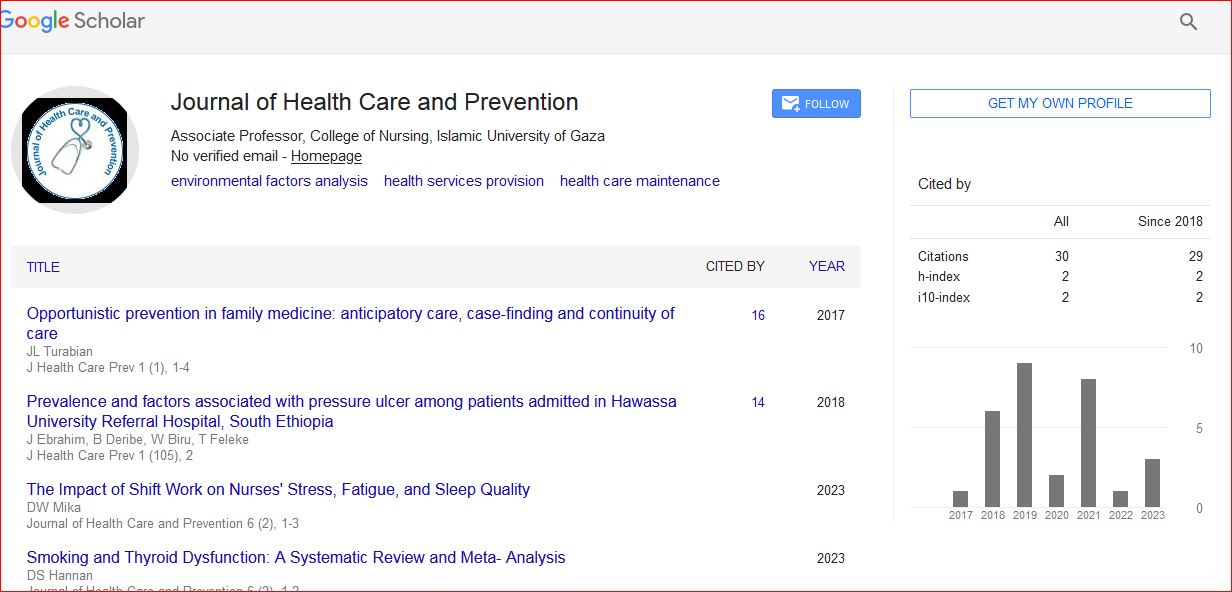Early Initiation of Breast-feeding practice after delivery among admitted Mothers at Comprehensive Reproductive Health Care Centre at Dam
*Corresponding Author:
Copyright: © 2019 . This is an open-access article distributed under the terms of the Creative Commons Attribution License, which permits unrestricted use, distribution, and reproduction in any medium, provided the original author and source are credited.
Abstract
Breastfeeding is a unique and valuable feeding practice in infancy that is associated with preventing neonatal mortality and morbidity such as diarrhoea, pneumonia. It may also have longer-term health benefits, such as reducing the risk of overweight and obesity during childhood and adolescence. Provision of mother’s breast milk to infants within one hour of birth is referred to as “Early Initiation of Breastfeeding (EIBF)” and ensures the infant receiving colostrum, (first milk), which is rich in protective factors. Data were collected from monthly report of Nagar Matri Sadan (Comprehensive Reproductive Healthcare Center), Dhaka Ahsania Mission (DAM); through interviewing technical staff and guardians; and observing breastfeeding practice following delivery. During 2013-2018, a total of 7,412 children were delivered. We initiated breastfeeding among 5,968 children within one hour of birth. 1,444 mothers did not initiate breastfeeding due to different causes such as complication of delivery, staff work load, lack of awareness, and staff shortage. Health professionals were present to advice and demonstrate the mothers on appropriate feeding practices. Health facility delivery was positively associated with early initiation. The above data does not reflect the total scenario of our country. It covers only the clients who have taken services from our Service Centres. The percentage rate of early initiation of breastfeeding within one hour of birth shows the hard work of staffs who are devoted to this service. The results show that the health education, family education and practical intervention/demonstration are very important for EIBF. These interventions improved knowledge and breastfeeding practice, thus ensuring health status of the new-borns

 Spanish
Spanish  Chinese
Chinese  Russian
Russian  German
German  French
French  Japanese
Japanese  Portuguese
Portuguese  Hindi
Hindi 
